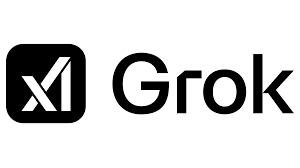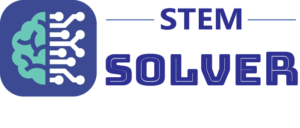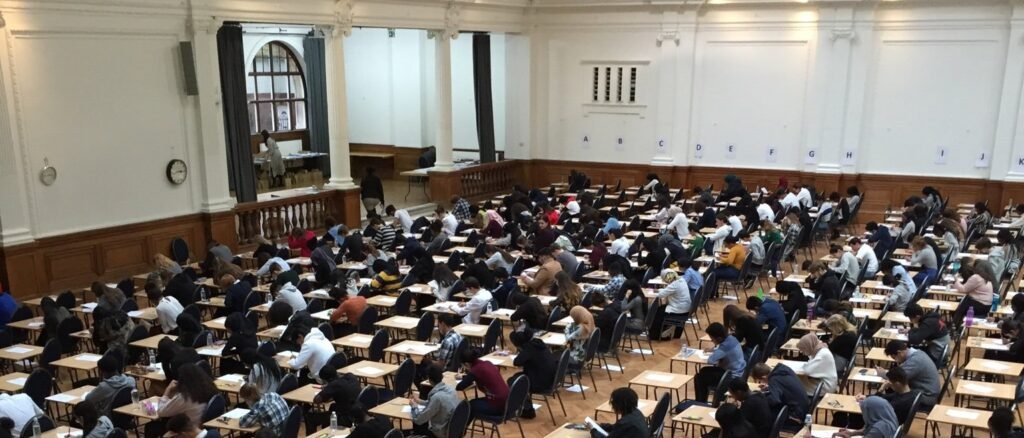
Introduction
Artificial Intelligence (AI) is transforming education. Recent studies confirm that AI outperforms humans in public exam benchmarks. Advanced AI models have shown superior reasoning and problem-solving skills. They have surpassed top students in assessments like GPQA Diamond (Graduate-Level Reasoning) and AIME 2024 (High School Math). These achievements highlight AI’s ability to not only match but often exceed elite human performance. This marks a milestone in AI-driven learning and academic excellence.
Comparing AI models to human performance in these benchmarks reveals how Large Language Models (LLMs) are bridging the gap between artificial intelligence and human cognition. They showcase refined reasoning, analytical precision, and advanced pattern recognition.
This analysis explores how AI models compare to human experts, their performance metrics, and the implications for AI-driven learning in STEM education.
AI Performance in GPQA Diamond (Graduate-Level Science Questions)
The GPQA Diamond benchmark tests reasoning skills using PhD-level science questions. It measures critical thinking, inference, and the ability to process complex scientific information. Human experts score about 70% accuracy on this benchmark, representing the average performance of skilled professionals in various scientific fields.
Leading AI Models vs. Human Experts
Recent evaluations show that top-performing LLMs now surpass human reasoning abilities:
- Grok-3 and Gemini 2.5 Pro achieved 80% accuracy. This performance exceeds the human expert benchmark, demonstrating exceptional reasoning skills for complex scientific queries.
- OpenAI O3-mini, OpenAI O1, and Claude 3.7 Sonnet scored 75%, slightly above the human benchmark of 70%. Their performance aligns closely with how skilled professionals approach reasoning-based problems.
These results challenge the belief that AI lacks higher-order cognitive skills. They prove that advanced AI models can reason, analyze, and infer beyond the baseline set by experts in STEM domains.
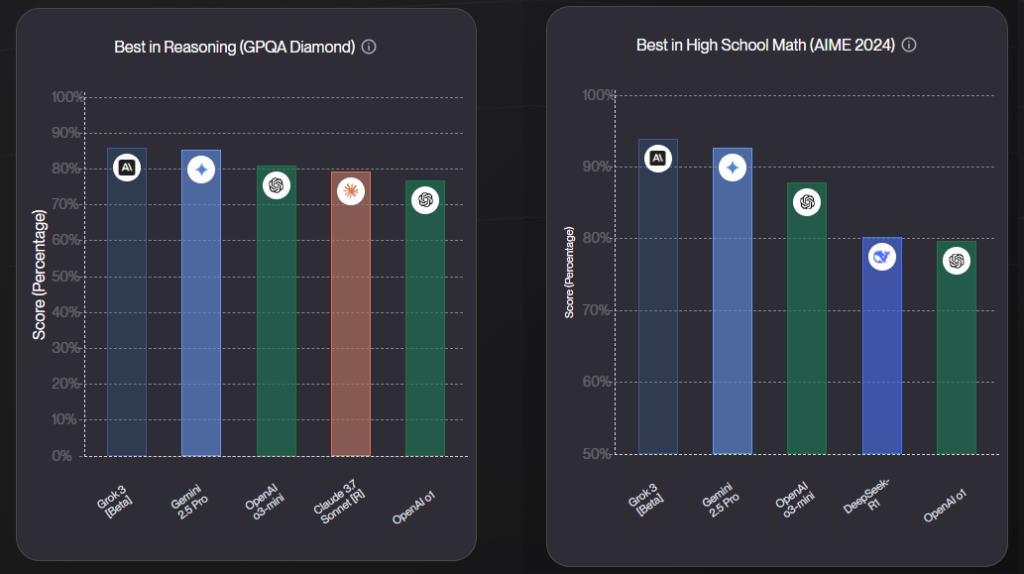
AI Performance in AIME 2024 (High School Math)
The AIME (American Invitational Mathematics Examination) 2024 benchmark assesses advanced math problem-solving skills. These exams are typically attempted by top-performing high school students in mathematical Olympiads. Human scores reflect real student performance at various percentile levels:
- Top 5% of students score around 80% accuracy.
- Top 2.5% reach about 87% accuracy.
- Top 1% achieve approximately 93% accuracy.
AI vs. Human Performance in Mathematics
LLMs are now redefining mathematical reasoning by consistently outperforming elite students:
- Grok-3 leads with an impressive 94% accuracy. This surpasses even the top 1% of human students. Its performance highlights precision, speed, and advanced reasoning in solving complex problems.
- Gemini 2.5 Pro and OpenAI O3-mini follow closely, scoring 90%. This aligns them with top-performing students in the 2.5% to 1% range.
- DeepSeek R1 and OpenAI O1 scored 80%, matching the performance of the top 5% of students.
These findings reinforce AI’s role as a sophisticated tool for STEM education. AI provides accurate, step-by-step solutions, offering immense value to students tackling high-level math problems.
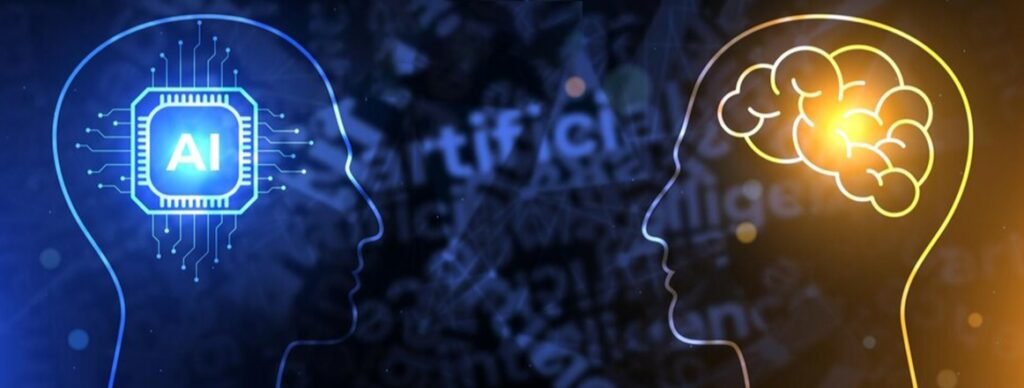
Key Insights: AI’s Rising Role in STEM Education
1. AI Surpassing Human Benchmarks
Recent results show that AI surpasses humans in public exam benchmarks. Models like Grok-3 and Gemini 2.5 Pro not only match PhD-level experts in reasoning but also exceed the capabilities of top-performing high school students in math. These achievements demonstrate that AI has evolved into an advanced reasoning tool capable of solving high-level scientific and mathematical problems autonomously.
2. AI as a Game-Changer for STEM Learning
AI-driven tutoring systems powered by LLMs offer a new way to teach complex subjects. Unlike traditional methods, AI provides step-by-step logical explanations, mimicking expert reasoning. This improves learning outcomes and helps students grasp difficult concepts.
3. AI’s Role in Personalized Learning
With AI surpassing human reasoning in STEM fields, educators can use it to:
- Offer instant feedback on complex questions.
- Enhance problem-solving techniques for struggling students.
- Adapt learning materials to individual needs, providing personalized education.
Rather than replacing traditional teaching, AI serves as a supplement. It enhances engagement, comprehension, and retention while boosting students’ skills.
Addressing Concerns: AI’s Limitations and Ethical Considerations
Despite its advancements, responsible implementation of AI is essential. Schools and universities must establish ethical guidelines to ensure AI is used constructively:
- Avoiding over-reliance on AI: AI should support learning but not replace independent thinking. Teachers should design assignments that encourage critical reasoning alongside AI guidance.
- Combating misinformation and biases: AI-generated solutions must be validated to avoid errors or flawed logic in problem-solving.
- Ensuring data security: Educational platforms must implement strict privacy measures to protect student information.
When used responsibly, AI becomes a transformative force in STEM education. It enables faster learning, efficient problem-solving, and better critical thinking skills.
Conclusion: AI’s Unmatched Potential in STEM Education
The results of the GPQA Diamond and AIME 2024 benchmarks are clear. AI now competes with and surpasses human experts and top students in reasoning and mathematical performance.
Instead of resisting AI’s integration, educational institutions should embrace its capabilities. AI serves as a powerful tool for enhanced learning, scientific discovery, and academic progress. By adapting to AI-driven learning models, educators and students can work together with AI to push the boundaries of knowledge and achieve new heights in STEM education.


